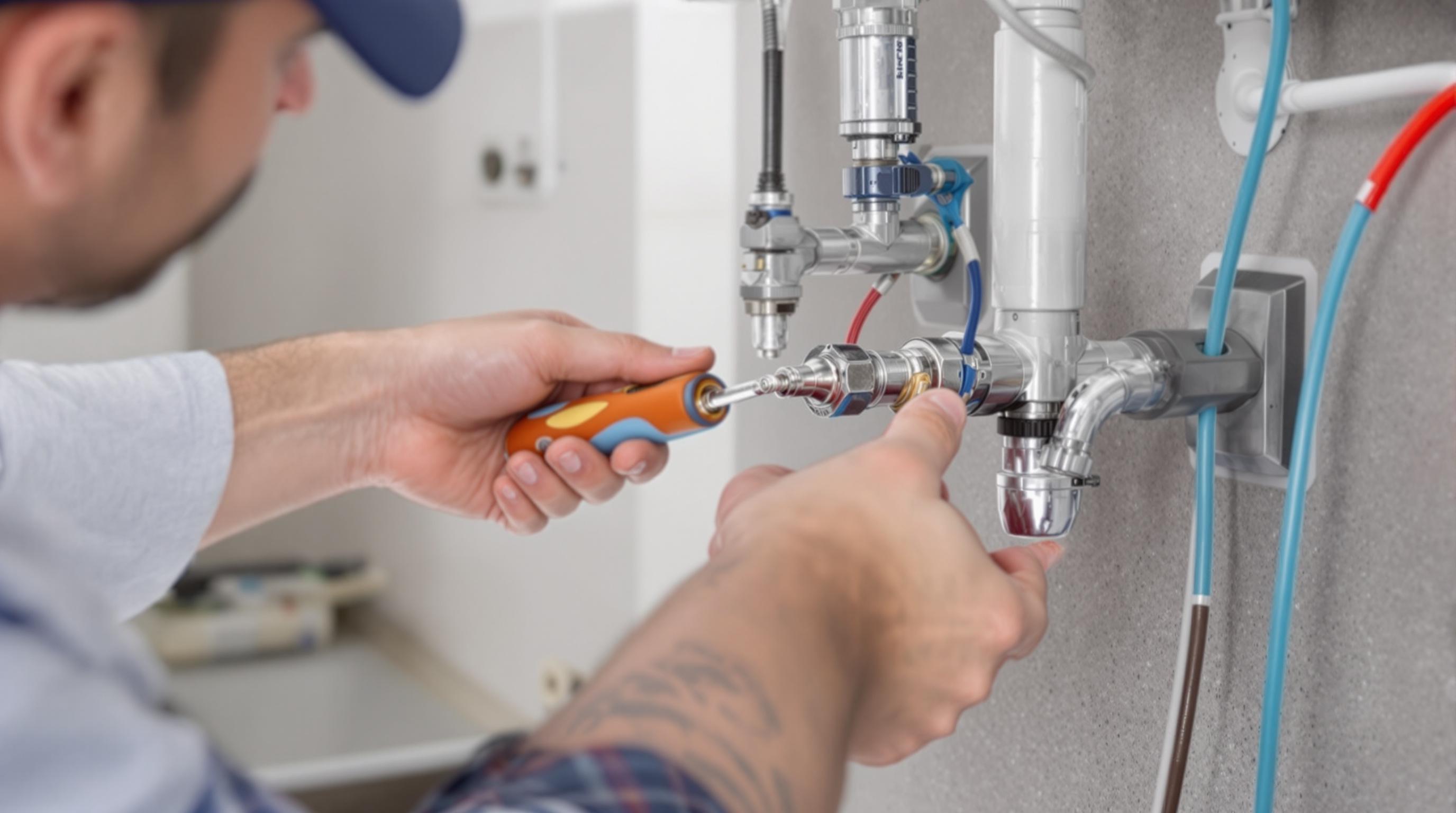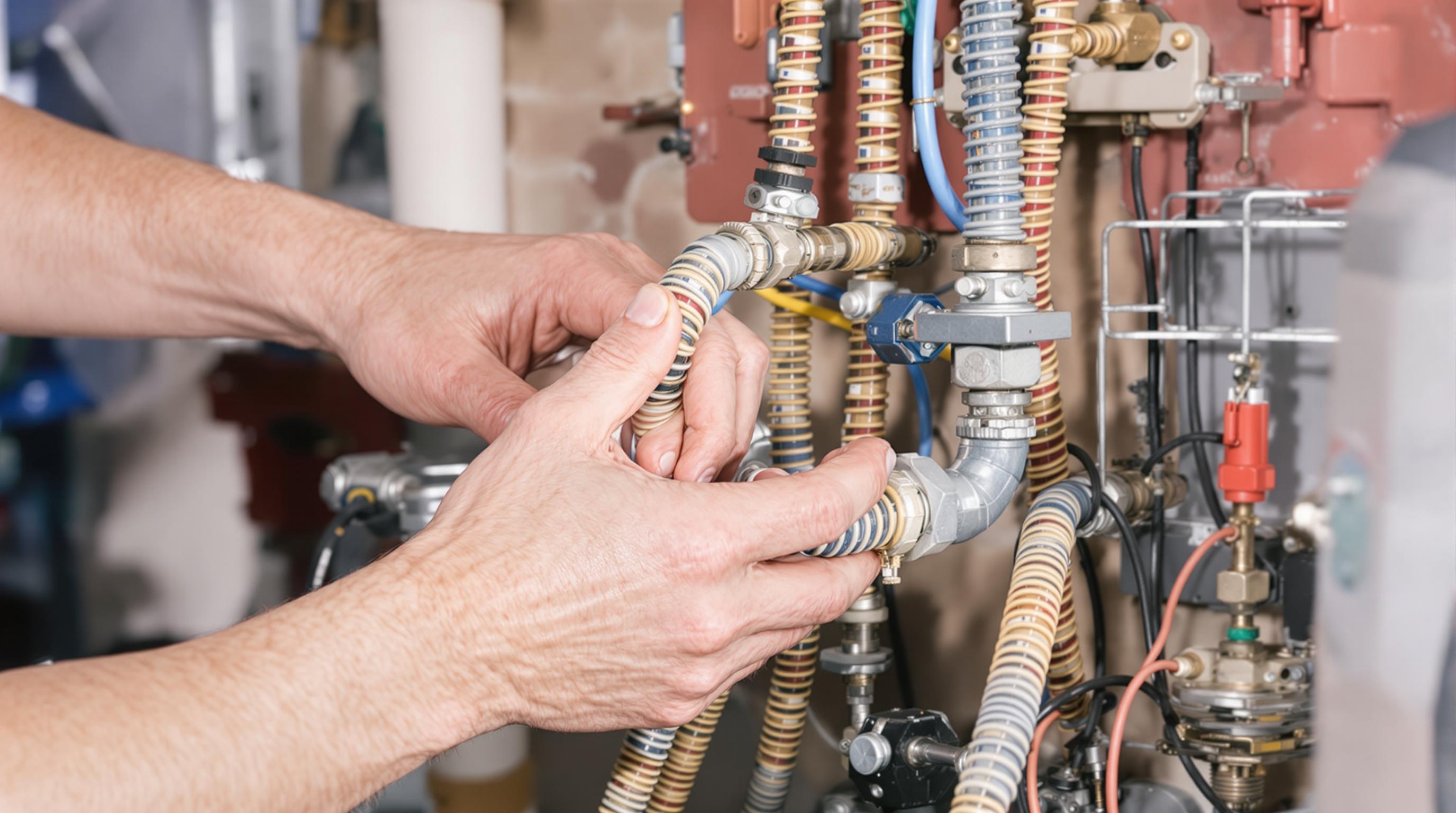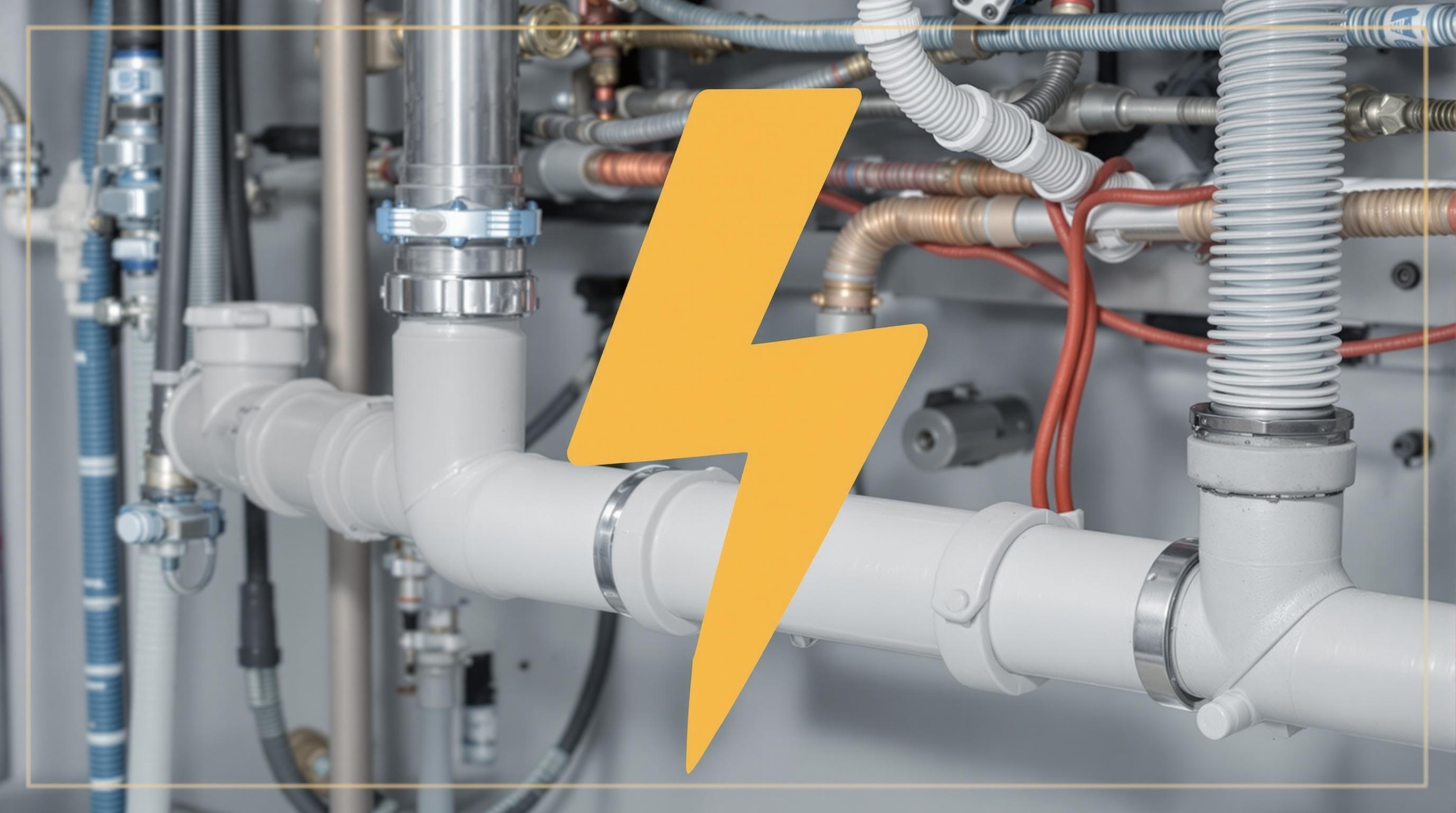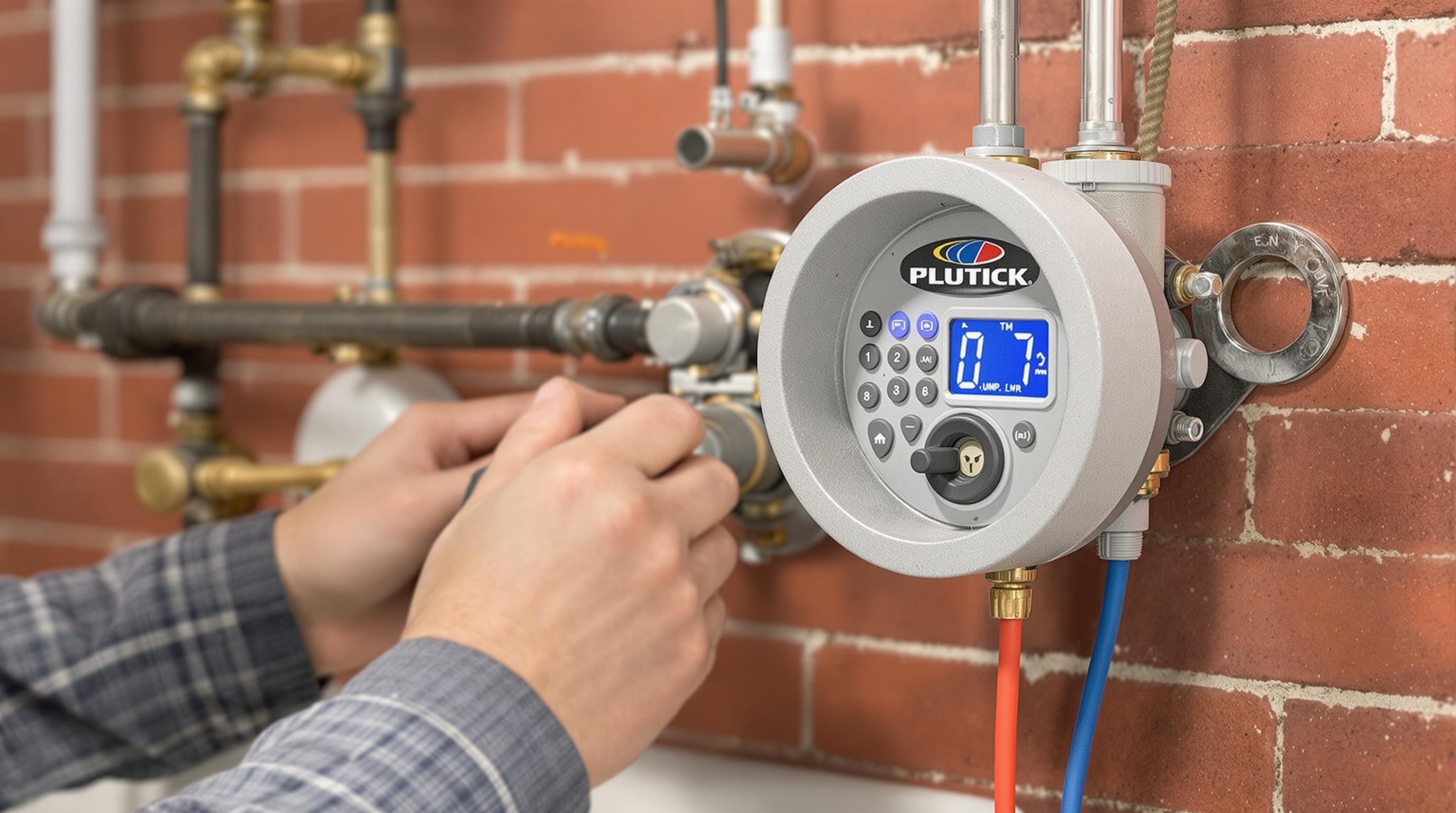Related Articles
- The Hidden Influence of Ergonomics: How Tool Design Shapes Our Physical Spaces and Daily Lives
- The Silent Influence: How Hidden Home Implements Shape Our Daily Routines and Spaces
- The Counterintuitive Role of Chaos: How Messy Tool Storage Can Lead to Unexpected Home Innovations
- Exploring the Unseen: How Audio Experiences Shape the Art of Domestic Spaces and Color Perception
- Rethinking the Mundane: How Everyday Objects are Becoming the Canvas for Modern Artistic Expression in Home Spaces
- Cultivating Chaos: The Surprising Benefits of Embracing Weeds in Your Garden Ecosystem
10 Fascinating Facts About Plumbing and Electrical Systems That Could Revolutionize Your Home Maintenance Routine
10 Fascinating Facts About Plumbing and Electrical Systems That Could Revolutionize Your Home Maintenance Routine
10 Fascinating Facts About Plumbing and Electrical Systems That Could Revolutionize Your Home Maintenance Routine
1. The Origins of Plumbing
Plumbing systems have roots that date back thousands of years. The ancient civilizations of Mesopotamia and Egypt used clay pipes, while the Romans are well known for their sophisticated aqueducts and sewage systems.
Understanding this historical context can inspire homeowners to appreciate and maintain their plumbing systems better. Regular upkeep can prevent costly repairs in the future.
Research highlights the significance of maintaining these ancient systems, as many of the principles still apply today. Investing in quality fixtures is not just about aesthetics but longevity and functionality.
2. Electrical Innovations Over the Years
Modern electrical systems have undergone revolutionary changes since the 19th century. The introduction of circuit breakers in the 1920s was a game-changer, greatly enhancing safety within households.
These innovations not only protect homes from electrical fires but also allow for a more efficient way to manage power consumption. The rise of smart home technology has further streamlined electrical usage in daily life.
Staying informed about new electrical safety codes and devices can help homeowners make educated decisions regarding upgrades and repairs, ensuring safety and efficiency.
3. Water Usage Efficiency
Did you know that low-flow toilets can save a household over 13,000 gallons of water per year? This significant reduction in water usage is one crucial factor in modern plumbing that leads to both environmental sustainability and savings on utility bills.
Furthermore, understanding the lifespan of various plumbing fixtures allows homeowners to plan timely replacements, contributing to water efficiency as well. Leaky faucets can account for approximately 3,000 gallons wasted annually!
Pursuing water-efficient appliances and fixtures is an investment that pays off over time, securing financial benefits while promoting responsible resource usage.
4. The Importance of Grounding
Proper grounding of electrical systems is crucial for safety, preventing electric shocks, and protecting appliances from voltage spikes. Many homeowners overlook this aspect, which can lead to hazardous situations.
Grounding works by directing excess electricity safely into the ground, often through grounding rods or water pipes. Inadequate grounding can result in extensive property damage and injury.
Regular inspections by qualified electricians can ensure that a home’s grounding is up to code and that your electrical system is safe for use.
5. Plumbing Systems and Your Health
Even plumbing can significantly impact your health! Lead pipes, found in many older homes, pose severe health risks, especially to children. Awareness of your plumbing's material composition is vital for health-conscious maintenance.
Another shocking fact is that indoor plumbing issues, like mold due to leaks, can also lead to respiratory problems. Thus, routine checks of your plumbing system can safeguard your family's well-being.
Staying current on Plumbing Health Standards sets a clear path toward healthier living conditions within the home, emphasizing the vital connection between plumbing and general health.
6. Smart Sensors for Leak Detection
Leak detection technology has advanced tremendously, with smart sensors capable of alerting homeowners in real-time about plumbing issues. These devices can prevent significant water damage by identifying leaks early.
Integrating smart leak detectors with home automation systems can result in timely response capabilities, like shutting off your water supply as soon as a leak is detected.
Investing in these technologies not only helps in early repairs but can also lower insurance premiums by reducing potential water damage claims.
7. Overcoming Electrical Overloads
Electrical overloads can pose a significant risk to homeowners. The common practice of using multiple extension cords can lead to unsafe power loads and potential fire hazards.
Awareness about the electrical load capacity of your home empowers homeowners to distribute power safely across devices and minimize risks. Consult an electrician for a detailed assessment.
Incorporating dedicated circuits for heavy appliances—like refrigerators and dryers—can revolutionize your electricity management and promote safety in your home.
8. Cities and Aging Infrastructure
Many cities are grappling with aging plumbing and electrical infrastructure, often resulting in service disruptions and increased maintenance costs. Awareness of public infrastructure can lead homeowners to advocate for improvements in their local areas.
Understanding how community infrastructure impacts individual homes fosters a collective voice for upgrades, enhancing services overall. Knowledge about local infrastructure helps in recognizing potential issues ahead.
Proactive engagement with local governance regarding infrastructure can promote widespread improvements that ultimately benefit every homeowner.
9. Eco-Friendly Electrical Solutions
The move towards eco-friendly electrical solutions is gaining momentum. Solar panels and energy-efficient appliances can substantially lower energy consumption, cutting costs and carbon footprints.
Homeowners can explore various green upgrades, including energy-efficient lighting, which not only reduces electricity consumption but also promotes sustainable living practices.
Incorporating renewable energy sources into your home not only integrates into your electrical systems seamlessly but also represents key contributions to leading an eco-friendly lifestyle.
10. Investing in Professional Advice
The benefits of regular professional inspections for both plumbing and electrical systems cannot be overstated. Experts can provide invaluable insights into potential issues, serving as a preventative measure against costly repairs down the line.
By learning from professionals about routine maintenance, homeowners can significantly prolong the longevity of their systems, leading to enhanced safety and greater home value.
Ultimately, investing time and resources into professional advice about plumbing and electrical systems can yield impressive dividends in terms of both function and peace of mind.





